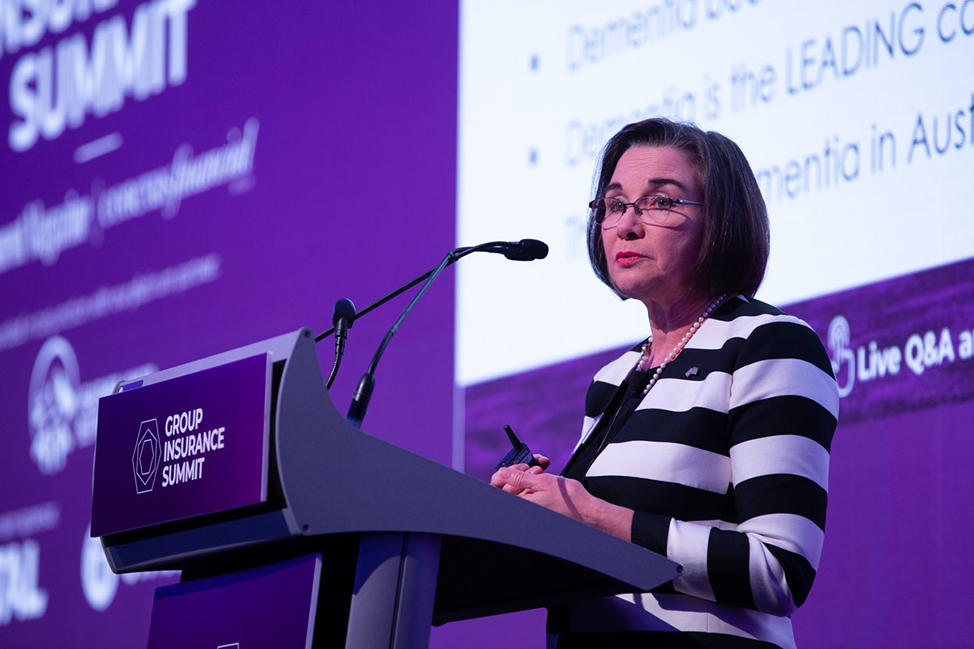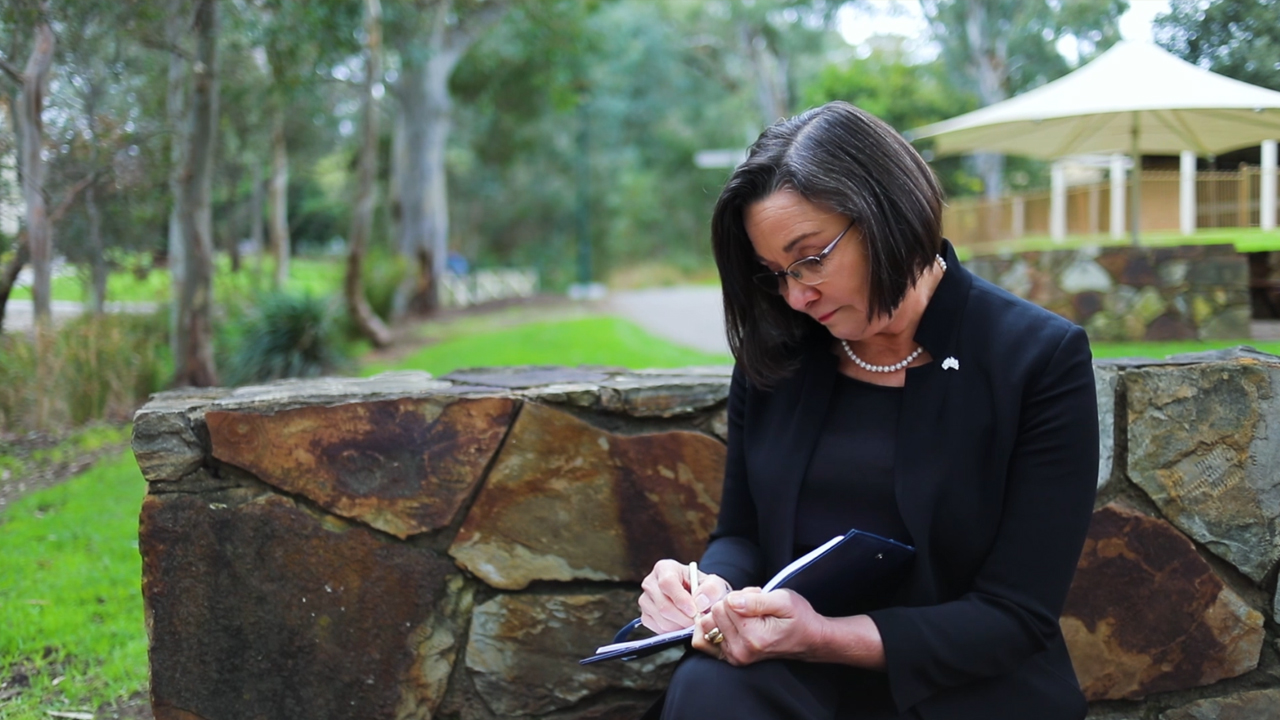30 October 2021

Kate Swaffer
Bachelor of Arts
Kate Swaffer became an accidental activist after a diagnosis of a rare younger onset dementia irrevocably changed her life forever. Turning this devastating news into what she calls a “gift”, Kate has accomplished a colossal amount in the 13 years since her diagnosis.
As an award-winning campaigner for the rights of people with dementia, Kate has been tireless in her work reframing dementia as a disability and advocating for rehabilitation for all people with dementia globally.
In just over a decade, she has published two books, ‘What the hell happened to my brain? Living beyond dementia’ and ‘Diagnosed with Alzheimer’s or Another Dementia’, a myriad of beautiful poetry, is a peer reviewer to journals including the SAGE Dementia Journal, has contributed to key national and global policy documents, including work for the Australian Aged Care Quality Agency, the World Health Organisation (WHO) Quality Rights Initiative and the International Consortium for Health Outcomes Measurement (ICHOM) for dementia, and gained qualifications in Psychology, Communications, and a Master of Science in Dementia Care.
Earning a number of accolades and honours along the way, including being named 2017 SA Australian of the Year, Emerging Leader in Disability in Australia in 2015, one of 100 Women of Influence in Australia in 2018, Kate now serves as an Ambassador for the Australia Day Council (SA) and Step Up For Dementia Research as well.
Kate was also the inaugural Chair and Founder of the Alzheimer’s Australia Dementia Advisory Committee, is a past member of Australia’s Older Person Clinical Network in SA, and was the first person in the world with dementia to be a keynote speaker at the WHO’s first Ministerial Conference on Dementia in Geneva in 2015.
After a successful career as a nurse for two decades, Kate went on to become a chef, and then pivoted to health care sales for a number of years. While in this role, she was able to finally follow her childhood dream of going to university.
One year into her Bachelor of Psychology she needed brain surgery and had to take two years off from her studies. Then a year after returning to the Bachelor of Psychology degree, which she had turned into a double degree by adding in a Bachelor of Arts in Writing and Creative Communication, Kate received her dementia diagnosis.
Not given any referrals or support tools from her doctors, she lost her paid job, and was also advised to give up university and get her end-of-life affairs in order via aged care.
“Unfortunately what happens if you’re diagnosed with dementia, you’re told to give up work. If you’re studying like I was, you’re told to give up as it’d be ‘too hard’, and to live for the little time you’ve got left. End of story,” Kate says.
“You’re not offered disability assessment, disability support, or rehabilitation. If you had a stroke next week, you’d get a full suite of health care services, including rehabilitation.”
“Why are people with dementia being denied that?”
Not resigning herself to this new life, Kate was in search for support networks, advocacy organisations, and individuals with a similar diagnosis. It was through the conference circuit and global communities she found likeminded activists and her life was set on a new trajectory.
At a 2012 Alzheimer’s Disease conference in London, Kate and a small group of fellow dementia activists began to meet and share stories.
The group realised it didn’t matter what country they came from; they were not being provided with the post-diagnostic support they needed.
They started to engage with lots of different people with dementia around the world, and the Dementia Alliance International (DAI) was established in 2014. As the Chair, Co-Founder and CEO of DAI, Kate has been instrumental in its global activism, including with the United Nations, and with the group growing from eight people in three countries to providing 20 to 30 online support groups a week to members from 49 countries.
Many years later there is still much work to do, but as a humanitarian, activist, independent scholar and author, Kate continues to challenge the stigma and discrimination.
She says, apart from being a mother and grandmother, demanding justice for the now more than 55 million people who also live with dementia across the globe is her most meaningful work.
“One of the greatest things I ever do is to help someone more newly diagnosed with dementia realise that they don’t have to stay home and die – they can get back to living again.”
“That gives me the most meaning of anything in my professional life. To be able to empower people, not only through my lived example but to provide free services for them through DAI – something that nobody else has ever bothered to do – that’s incredibly meaningful.”
“So if my kids get dementia, or if your mum gets dementia, then hopefully it’ll be a slightly better world for them.”





